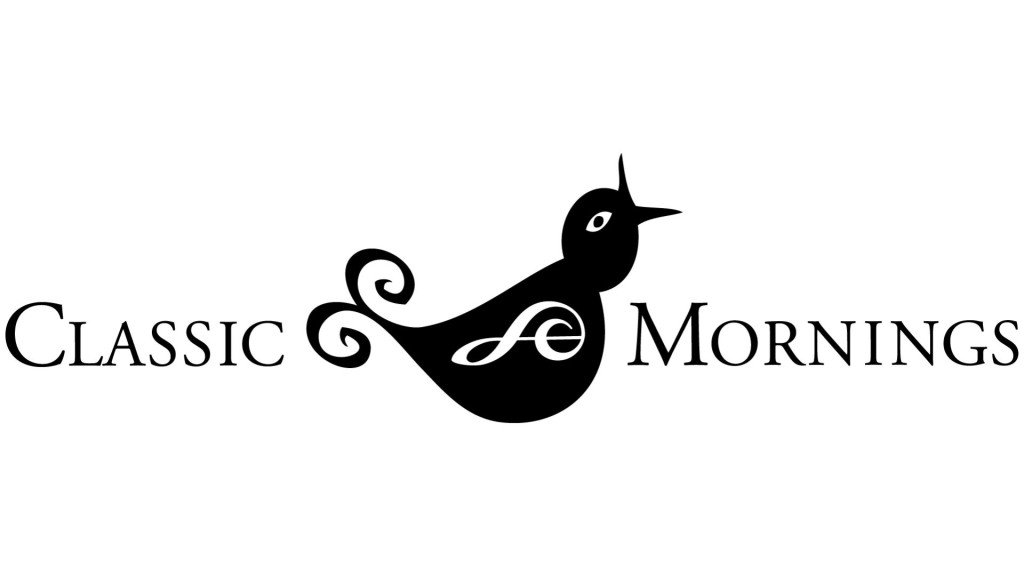A Wonderful Medium

It comes with a powerful message. And we get the chance to be reminded of it every year when Frank Capra’s film classic is shown on television or on theatre screens in some communities.
Imagine what the world would have lost if there hadn’t been a George Bailey. I’m guessing that the film continues to be a favorite of so many because it nudges them into reflecting on their own gifts or on those of special people in their lives.
Similar thoughts came to mind recently when I learned a bit more about a cellist whose recordings I’ve been playing over the years. Roel Dieltiens is from Belgium. On Classic Mornings, you hear him featured in concertos by Antonio Vivaldi. He’s joined on those recordings by Ensemble Explorations, a group he founded and directed.
That was all I really knew about him. What caught my attention was the way he plays those concertos. Vivaldi did write for cello virtuosi of his time. Dieltiens is able to handle the challenging passages with ease. And he “sings” the slow movements like so few other cellists have.
I read about Dieltiens and Ensemble Explorations in a detailed bio at his website. It’s not as amusing or filled with the kinds of characters or adventures that are a part of the story of George Bailey. But having admired the cellist’s recordings of Vivaldi concertos, I was stunned when I read that Dieltiens almost gave up music at one point. He’d become disillusioned by the pressures brought on by a demanding piano teacher. His brother, a recorder player seeking an accompanist, persuaded him to learn the cello.
With a more laid-back teacher, Dieltiens was able to explore and learn that instrument, mostly on his own. He went on to become quite a cellist. These days, he’s a professor of cello at the Hochschule der Künste in Zurich, Switzerland.
I’m glad he stayed with the instrument. Just the thought that we might not have heard the handful of concertos I play regularly makes me appreciate them that much more.
I sometimes think about other young people who lost their enthusiasm for learning an instrument. I know a few who showed so much promise as children, but who didn’t continue with lessons. I always hope that those who are learning to play instruments or to sing or dance are inspired by their teachers. And I’m excited whenever I hear that Classic Mornings may have done its part in introducing young people to classical music.
Johann Georg Pisendel had the chance to study with Vivaldi. Pisendel was a violinist in the Dresden orchestra. Dresden is part of the historic region known as Saxony. The name Saxony has had a variety of references over the centuries, well before there was a Germany. Today, Saxony is a German state or “Land,” as they’re called. And Dresden is the capital.
Music historian Cesare Fertonani notes that in 1716, the Crown Prince of Saxony made a trip to Venice, bringing along musicians from the Dresden orchestra. He was seeking musicians and singers to return home with him. Pisendel was one of those who traveled with the Crown Prince. The violinist became a student of Vivaldi. And Vivaldi dedicated violin concertos to Pisendel, which he brought back to Dresden, along with copies he made of other Vivaldi compositions. Though Vivaldi was already well-known throughout Europe, Pisendel is credited with expanding the Vivaldi repertoire in Dresden with the works he had acquired in Venice.
We’ve expanded our Vivaldi broadcast repertoire with a 2022 recording featuring violinist Julien Chauvin and Le Concert de la Loge (Naïve 7546). I mentioned their 2021 Vivaldi recording, also new to us, in a December blog. The more recent recording includes concertos written by Vivaldi for Pisendel, as well as some of those copied by the violinist.
I’m excited to have several more Vivaldi works to share on the program. Nevertheless, I had a few thoughts. What if the ensemble had decided not to record the concertos? What if I hadn’t learned about the recording? What if it didn’t at all inspire me when I listened to it? But Le Concert de la Loge did record them. I heard about it. And several concertos passed the audition.
Have you ever imagined not having ever heard some of your favorite classical music pieces? I won’t suggest that you entertain a nightmarish scenario, in which you suddenly are faced with your life minus those pieces. But I would ask you to realize how special that music is. WILL-FM may be where you heard those pieces in the first place. So stay tuned! There’s a lot more where that music came from.
Radio can be a wonderful medium! Join us for Classic Mornings, Monday through Friday on FM 90.9 or online at will.illinois.edu.

